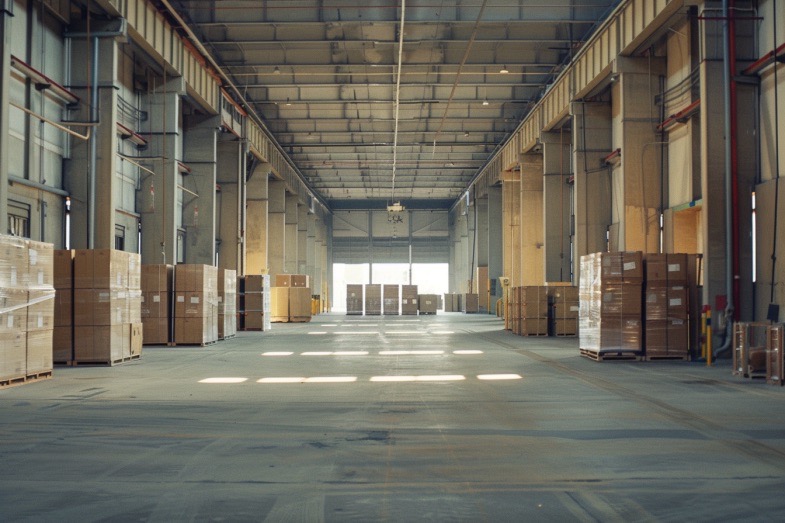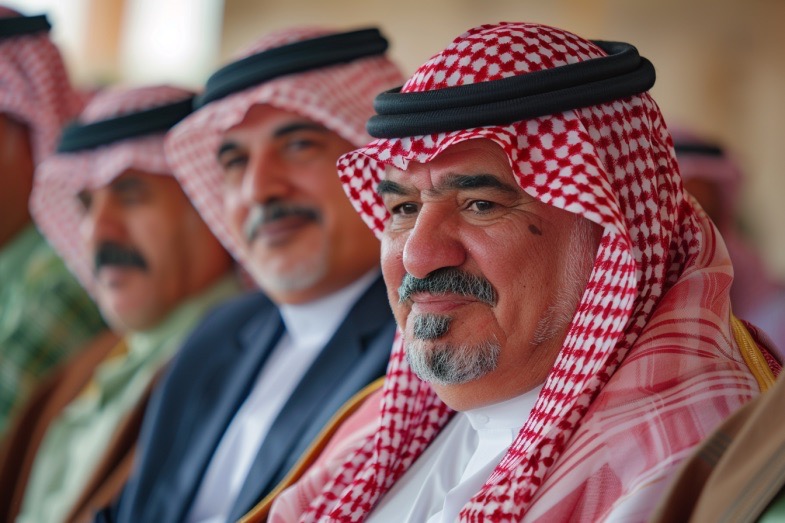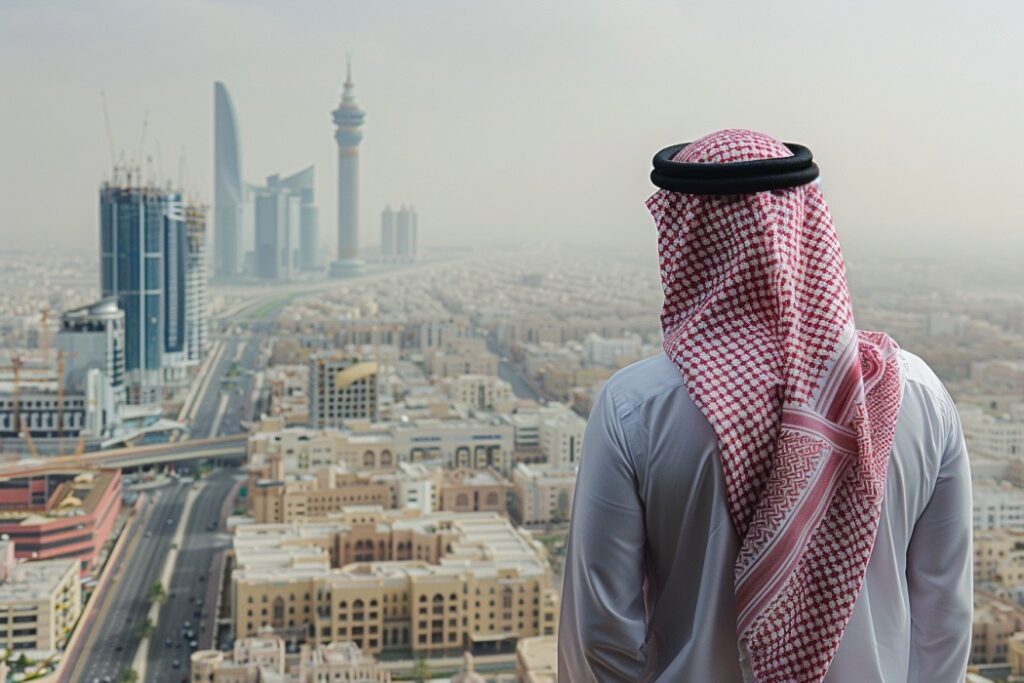Russia’s Three-Day Presidential Election: A Foregone Conclusion
MOSCOW — The Russian presidential election kicks off with voters heading to the polls for a three-day event that is widely expected to solidify President Vladimir Putin’s grip on power.
The election unfolds in the shadow of a severe crackdown by Putin, which has silenced independent media and rights groups, granting him total control over the political landscape. This comes amid Moscow’s ongoing conflict in Ukraine, now entering its third year.
Voters will participate in the election from Friday to Sunday across the country’s 11 time zones, including in the illegally annexed regions of Ukraine.
The first polling stations opened in Chukotka and Kamchatka, Russia’s easternmost regions, at 8 am local time.
With Putin seeking his fifth term practically unopposed, political opponents are either imprisoned, exiled, or deceased. The remaining candidates represent token opposition parties aligned with the Kremlin.
Observers anticipate a lack of transparency and fairness in the election process, as independent monitoring is severely restricted. Registered candidates or state-backed bodies control observer assignments at polling stations, limiting oversight opportunities.
Ukraine and Western nations have criticized Russia for holding the election in occupied Ukrainian territories, denouncing the move as an attempt to further control the neighboring country.
Forced early voting has commenced in Ukrainian regions near the conflict zone, with reports of coercion and intimidation tactics by Russian authorities.
The election unfolds under heavily controlled conditions, with no international observers in Ukraine. Russian authorities encourage participation through home visits and emphasize voting for the country’s future.
The opposition aims to use the election as a platform to express discontent with the ongoing conflict and the Kremlin’s policies. However, antiwar candidates were excluded from the ballot, prompting calls for protest voting on the final day.
Despite challenges, Russia’s scattered opposition urges citizens to demonstrate their presence and opposition to Putin through various means, including boycotting the election or voting for alternative candidates.
Golos, a prominent independent election observer group in Russia, highlights the disconnect between citizens and decision-making, suggesting that the election may not accurately reflect public sentiment. — Euronews



